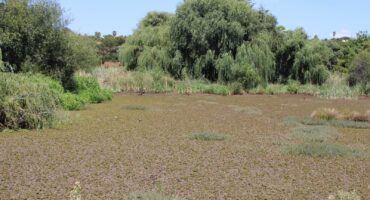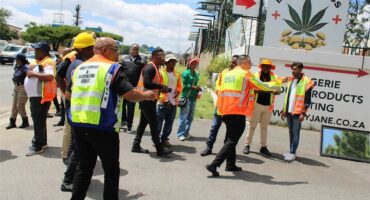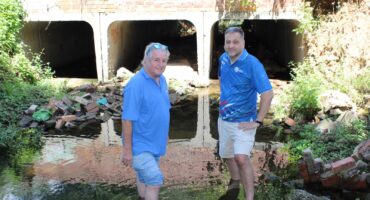Public invited to aid urban conservation
FOURWAYS - The Endangered Wildlife Trust has launched an urban conservation project and is requesting members of the public to do their part by logging wildlife sightings around Johannesburg.

The Urban Conservation project, launched in January, encourages city-dwellers to conserve the city’s wildlife in the face of devastating urbanisation.
“Over 50 percent of the world’s human population now lives in urban areas and it is no longer enough to focus all our conservation efforts on protected areas because these are diminishing rapidly, and urban areas are host to activities that have environmental impacts on areas far from their origin,” said project co-ordinator Emily Taylor.
One of the main impacts of urban development, said Taylor, was fragmentation of habitats, with serious consequences. Inbreeding weakens isolated animal populations as genetic mixing becomes impossible, and wildlife cannot migrate to more hospitable areas when habitats are destroyed. Predator-prey relationships, water catchment and filtration, and pollination are disastrously disrupted.
Once largely of agricultural holdings, and now the site of rapid development, the Fourways area is critical to conservation in Gauteng. The area is still a wildlife haven, but species are under pressure from growing human populations.
Working with organisations such as FreeMe Wildlife Rehabilitation Centre and the Greater Kyalami Conservancy, the Urban Conservation project is working to build a database of wildlife sightings reported by residents. Reports to date include porcupine, African hedgehog, small spotted genet, giant bullfrog, and even endangered species such as the African grass owl.
Once it is known where species occur, whether they are in conflict with human populations, and how they have adapted to the urban environment, the project will consider how to achieve the biggest conservation impact with limited resources.
What makes this project unique is its holistic approach, engaging communities, government, NGOs and private stakeholders to ensure that the natural environment is considered valuable to everyone, said Taylor. The response has been positive.
“Our main obstacle is not a lack of interest but rather a lack of awareness… Our main focus is therefore on awareness raising and encouraging participation in… attracting more wildlife, and improving the quality of life for people in the cities,” Taylor concluded.
Details: [email protected]; @EWTUrban; www.ewt.org.za



